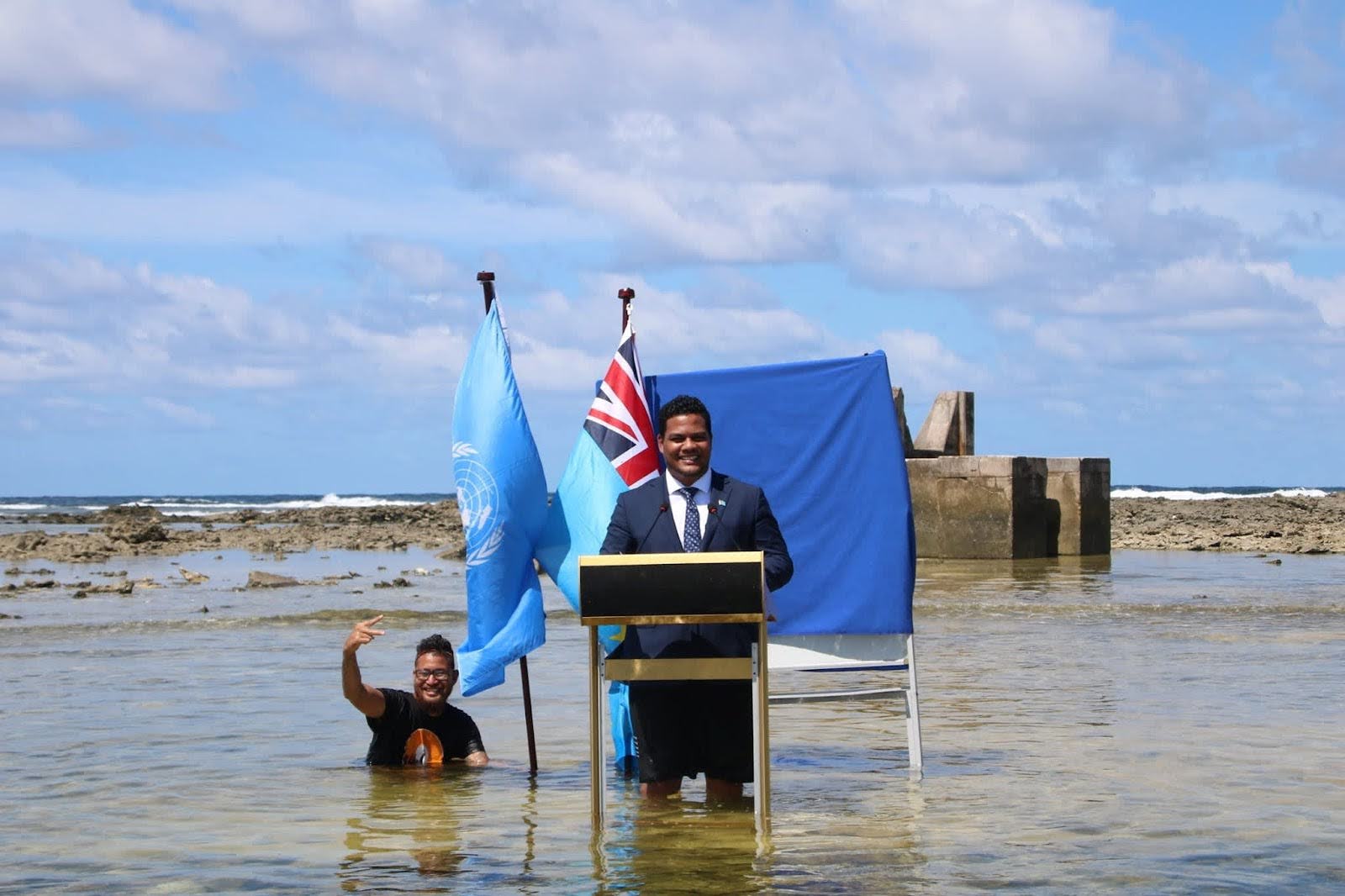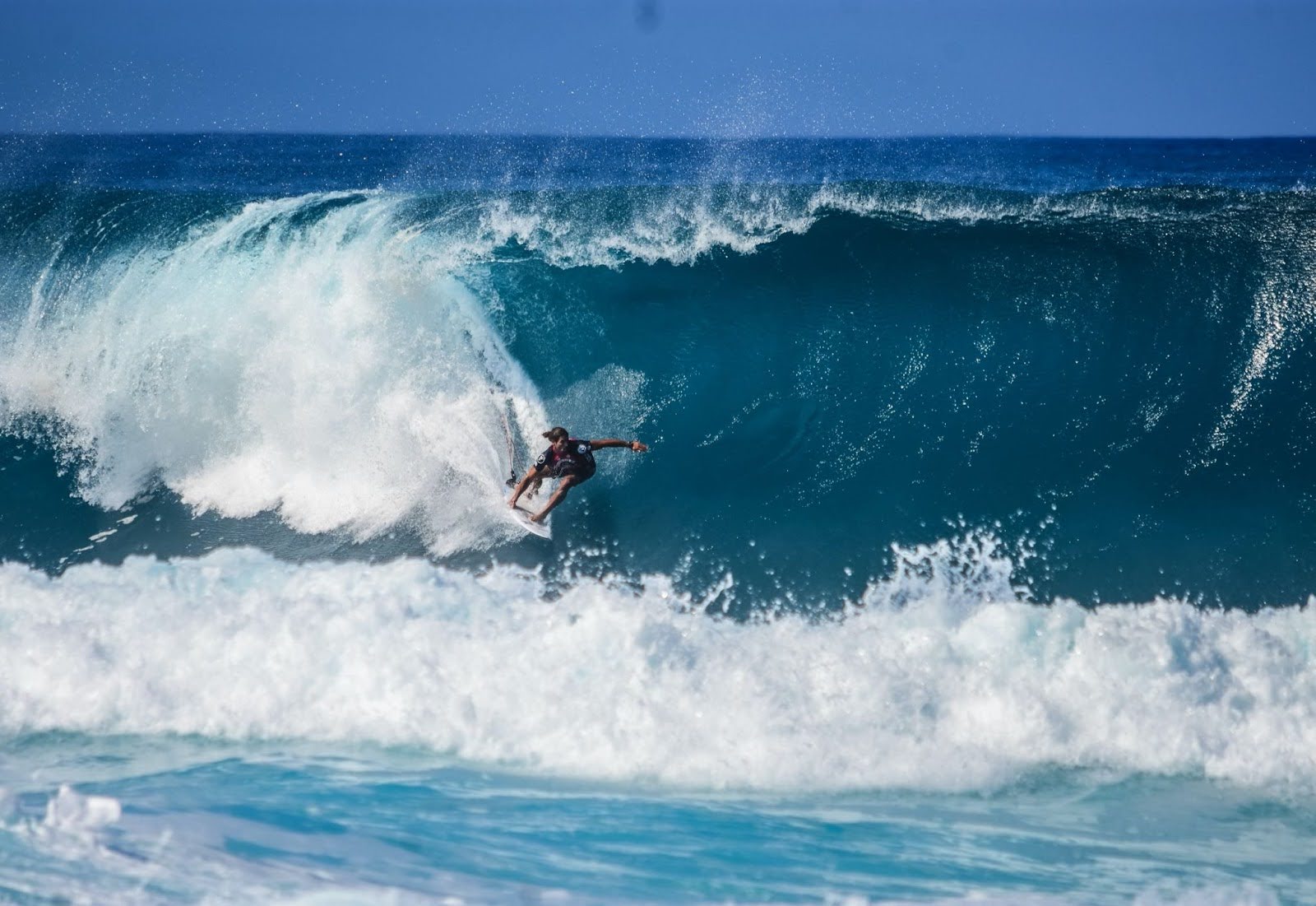The agreement concluded last November between Australia and Tuvalu, which provides for the reception of inhabitants of the archipelago threatened by rising waters, arouses mixed reactions.
On the one hand, it is a solution to a problem, that is indisputable. Tuvalu, like many other Pacific islands, is at risk of submergence from rising sea levels. According to a NASA study, sea levels around Tuvalu have risen by almost 10 centimeters over the past 30 years. recent years, and is expected to rise again by 10 centimeters or more by 2050.
For the inhabitants of Tuvalu, the climate asylum offered by Australia is a chance for survival. They will be able to leave their country of origin and settle in a developed country, where they will have access to better living conditions.
But on the other hand, the agreement does not call on Australia, one of the world's largest exporters of fossil fuels, to take more action to combat global warming, which is causing the difficulties of Tuvalu.
Tuvalu's opposition leader, O'Neill Fuatafa, sums up the situation: "If Australia wants to provide a humanitarian pathway for Tuvaluans, the best way to do that is to reduce its emissions, stop opening coal mines and stop exporting coal."
Indeed, even if moving is possible, that does not change the fact that water continues to rise everywhere in the Pacific.
In addition, the agreement includes a clause that gives Australia a sort of veto power when Tuvalu wants to enter into a security or defense agreement with another country. This clause is widely seen as an effort to exclude China.
Beijing worries the West with its growing presence in the South Pacific, particularly in the Solomon Islands, where it gained diplomatic recognition in 2019 and concluded a security agreement last year.
In conclusion, the agreement between Australia and Tuvalu is a solution to an urgent problem, but it is also a reflection of the geopolitical tensions playing out in the South Pacific.







